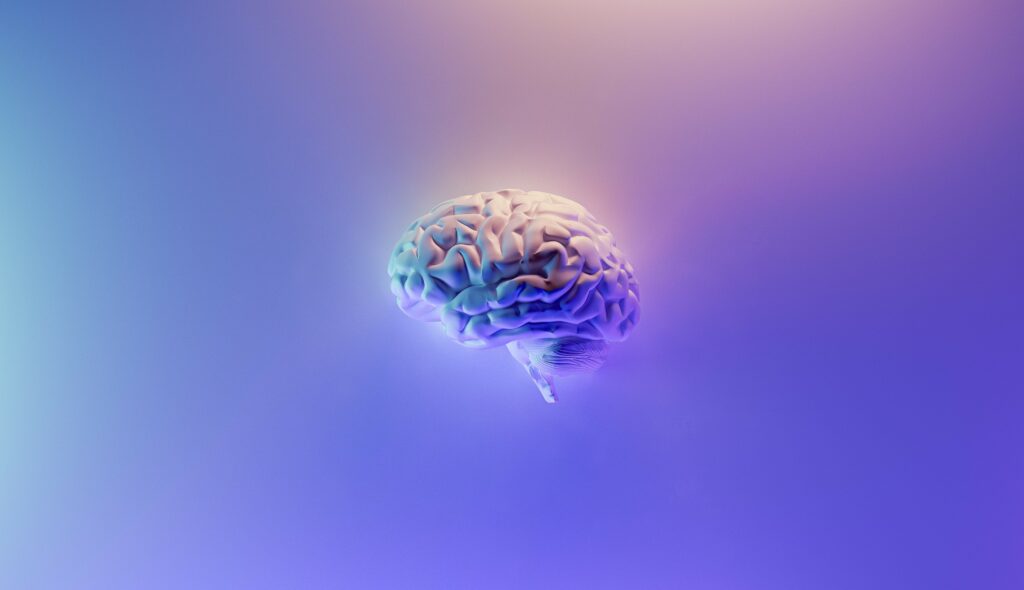5 Lifestyle Changes for Enhancing Brain Health

Maintaining optimal brain health is crucial for overall well-being and cognitive function. The brain, like any other organ, requires proper care and attention to function at its best. By implementing a few simple lifestyle changes, you can support and enhance your brain health. This handout outlines five key lifestyle changes that have been shown to improve brain health.
1| Regular Physical Exercise
Engaging in regular physical exercise is not only beneficial for your body but also has a positive impact on brain health. Exercise increases blood flow to the brain, promotes the growth of new neurons, and enhances the connectivity between brain regions. Aim for at least 150 minutes of moderate-intensity aerobic exercise per week, along with strength training exercises. Activities such as walking, swimming, dancing, and yoga are excellent choices for both body and brain health.
2| Balanced and Nutritious Diet
A well-balanced and nutritious diet plays a crucial role in maintaining brain health. Include a variety of fruits, vegetables, whole grains, lean proteins, and healthy fats in your daily meals. Antioxidant-rich foods, such as berries, leafy greens, and colorful vegetables, help protect brain cells from damage. Consuming omega-3 fatty acids found in fatty fish, nuts, and seeds supports brain function and reduces the risk of cognitive decline. Limit your intake of processed foods, added sugars, and unhealthy fats for optimal brain health.
3| Quality Sleep
Adequate sleep is essential for brain health and cognitive function. During sleep, the brain clears out toxins and consolidates memories. Aim for 7-9 hours of quality sleep each night. Establish a regular sleep schedule, create a comfortable sleep environment, and practice good sleep hygiene. Avoid electronic devices before bedtime and engage in relaxation techniques such as reading or meditation to promote restful sleep.
4| Mental Stimulation
Regular mental stimulation helps keep the brain active and promotes cognitive reserve. Engage in activities that challenge and stimulate your brain, such as reading, puzzles, learning a new skill or language, playing musical instruments, or engaging in strategic games like chess. Social interactions and engaging in meaningful conversations also provide mental stimulation and support brain health. Strive for a balance between activities you enjoy and those that challenge your cognitive abilities.
5| Stress Reduction and Emotional Well-being
Chronic stress can have detrimental effects on the brain, including memory impairment and cognitive decline. Incorporate stress management techniques into your daily routine to support brain health. Practice relaxation techniques like deep breathing, meditation, or yoga. Engage in activities that bring you joy, such as hobbies, spending time with loved ones, or pursuing creative outlets. Prioritize self-care and seek support when needed to maintain emotional well-being.
Final Thoughts
Taking care of your brain health is essential for overall well-being and cognitive function. By implementing these five lifestyle changes – regular physical exercise, a balanced and nutritious diet, quality sleep, mental stimulation, and stress reduction – you can promote brain health and potentially reduce the risk of cognitive decline. Remember, small changes can have a significant impact on your brain health, so start incorporating these habits into your daily life for long-term benefits.
